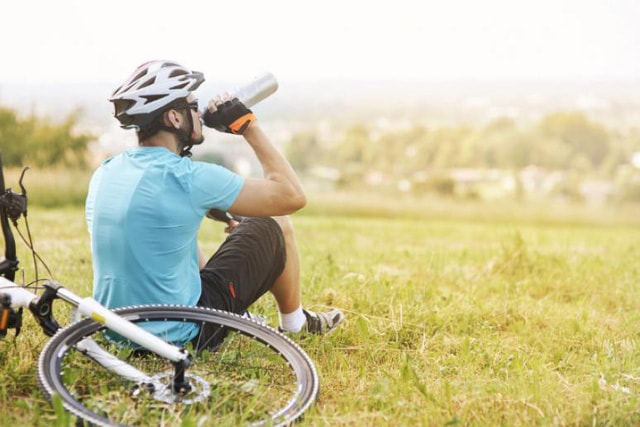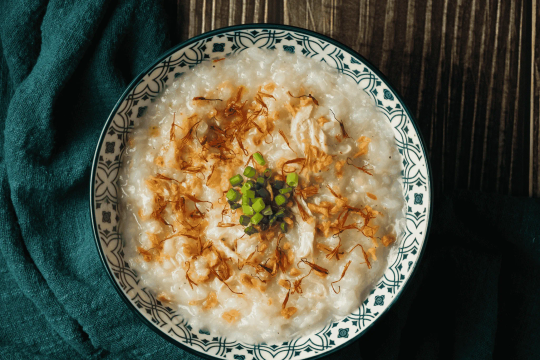Nutrition tips when exercising for U50
Many people have seen someone over 50 at some point and thought to themselves, "I want to look like that when I'm that age." Achieving this long-term goal isn't as difficult as you might think.

Don't drink too much water before exercising.
Don't confuse this advice with the advice to drink eight glasses of water a day.
“If you’re thirsty before you exercise, drink about 450ml of water right before you start; you can add some electrolytes,” says Maurice Williams, personal trainer and owner of Move Well Fitness. “It’s great for preventing dehydration. But don’t drink too much at once, as it will make you feel bloated and prevent you from working out effectively.”
In addition to the constant need to go to the bathroom, your kidneys will be affected. They can only process about a liter of water per hour. Making them work harder can lead to hyponatremia, which is when the salt level in your blood is too low.

Carbohydrates, protein or fiber before exercise?
Avoid fibrous foods. Your body relies on glycogen to keep your blood sugar stable and your energy levels up, so you don’t need much fiber. Foods with a high carbohydrate/fiber ratio can stimulate your digestive tract, which can be a problem before a workout. You need sugar (carbohydrate) to fuel your workout.

When should I eat before exercising?
Have a nutritious snack about 45 minutes before you hit the gym. That quick meal should include carbs and protein, meaning berries, yogurt, banana, almond butter.
If you're hungry and choose to eat real food instead of having a protein shake or smoothie, choose something with good fats and lots of nutrients.
A 200 calorie snack will do. Anything more can cause stomach upset, pain, or nausea. Your body will be busy digesting the food instead of getting nutrients to your muscles.








